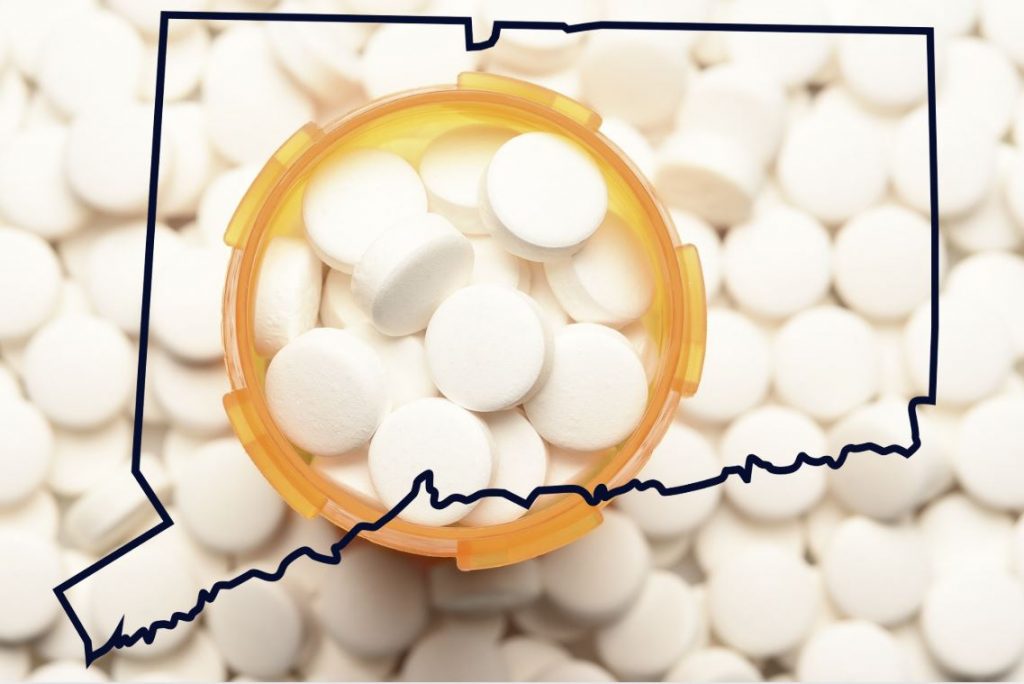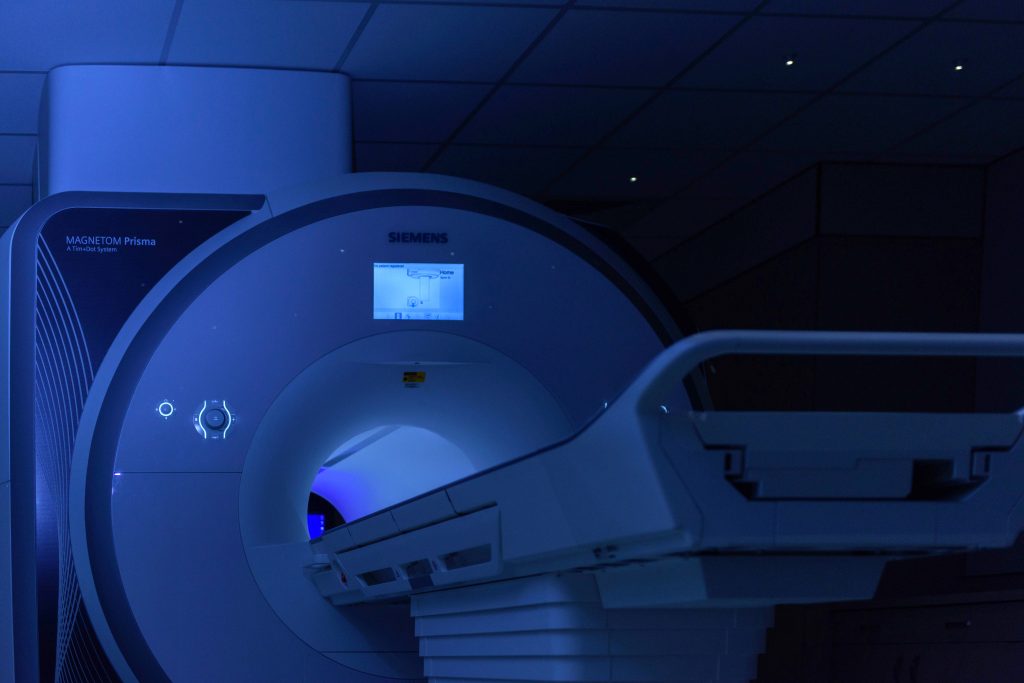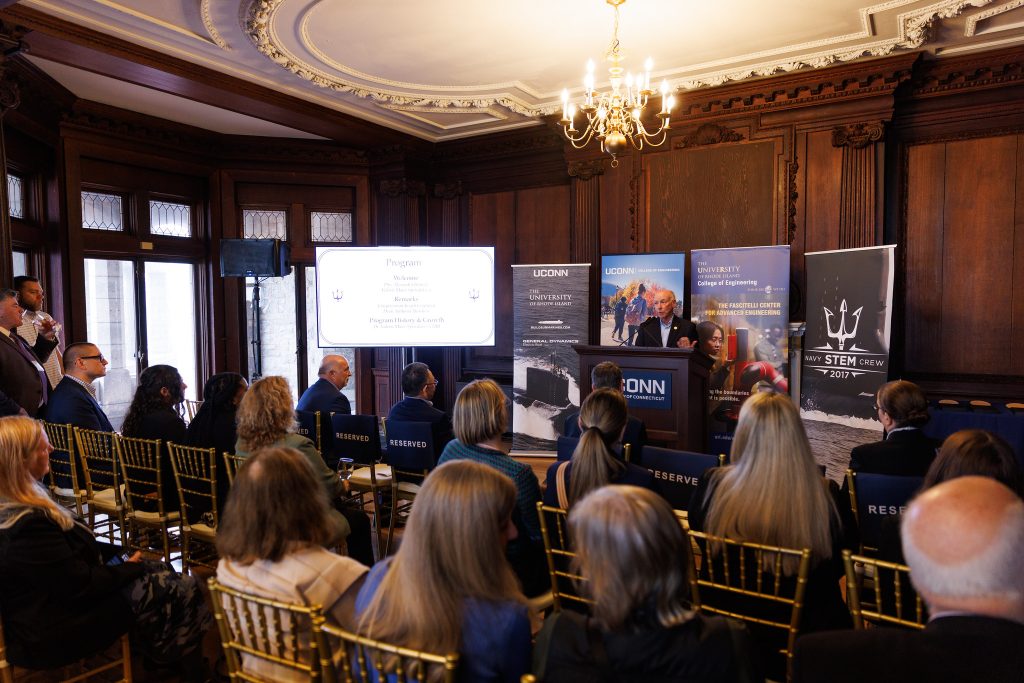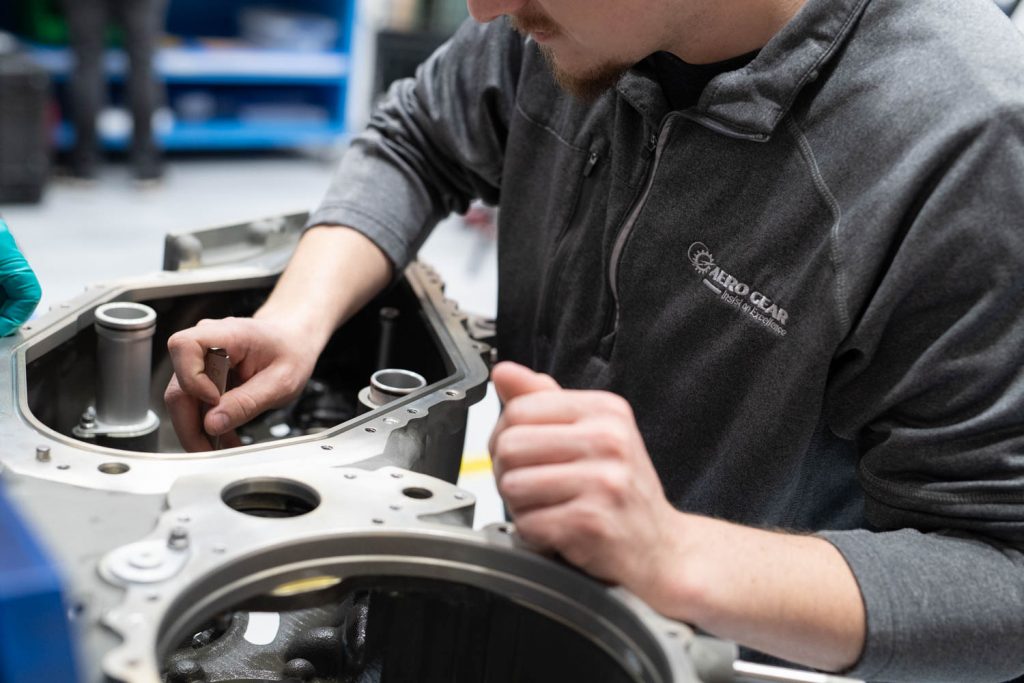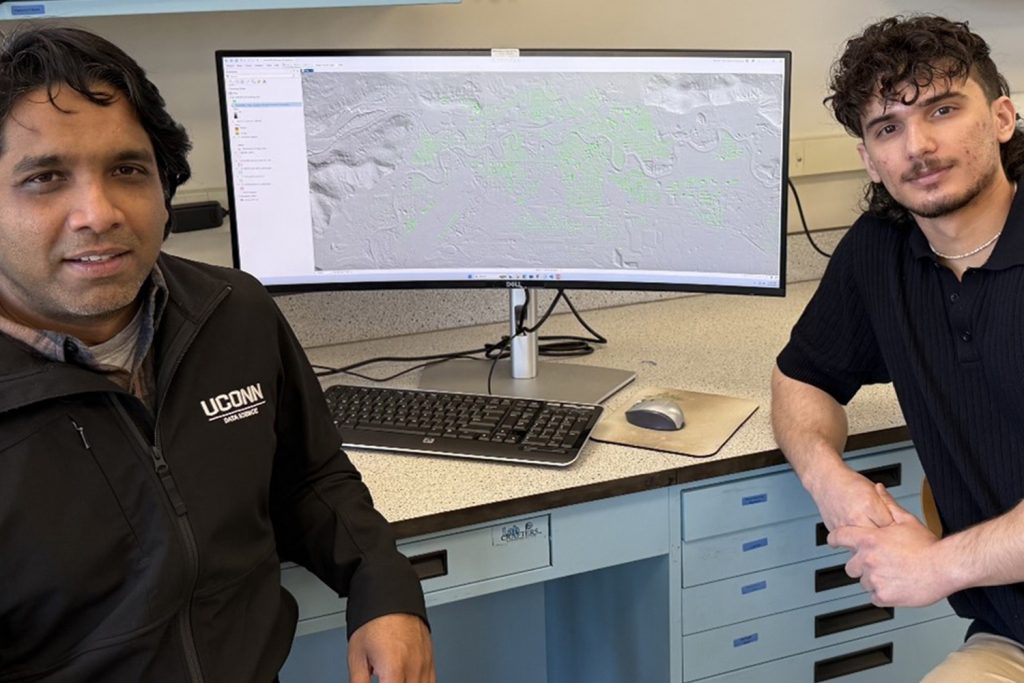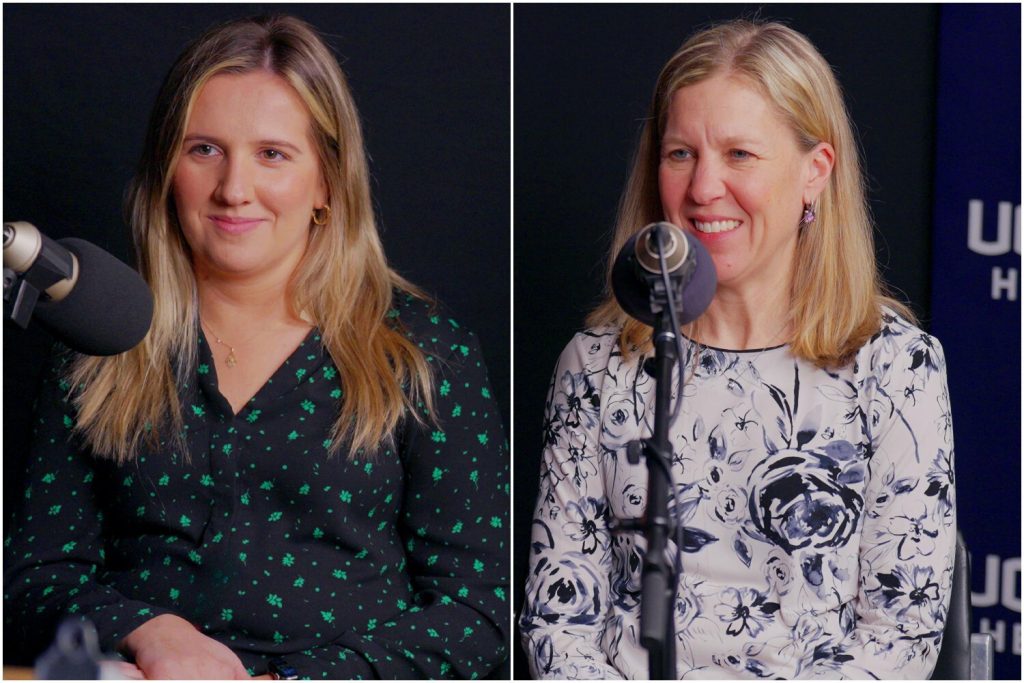Research & Discovery
Fentanyl is in Our Backyard – Connecticut and Parents Take Action
UConn School of Medicine researcher calls for better protection and services for our youth at risk of fentanyl’s fatal consequences
April 10, 2025 | Lauren Woods
Two Major Grants for Teen Substance Use Treatment
Adolescent behavioral researcher Dr. Sarah Feldstein Ewing funded by NIDA, NIAAA
April 8, 2025 | Mac Murray
UConn, URI, and General Dynamics Electric Boat Launch Workforce Development Program
The ANCHOR contract will enable the coalition to significantly increase activities in the region, including the development of multiple new summer programs for K-12 students, undergraduate summer researchers, and pre-service teachers
April 7, 2025 | Claire Galvin
Engineering Takes Flight at Connecticut Manufacturing Simulation Center
With Connecticut aerospace company Aero Gear, CMSC helps model excellence
April 7, 2025 | Mac Murray
Meals4Moms: UConn, CT Small Business Develop Program to Support Gestational Diabetes Management
Gestational diabetes impacts 2 to 10% of U.S. pregnancies, and about 50% of patients with GDM will develop Type 2 diabetes
April 3, 2025 | Danielle Faipler
Developing a Clearer Understanding of Permafrost Thaw Risk in Alaska
If you want to fully understand risk and prepare for hazards, you need to have the full picture
April 2, 2025 | Elaina Hancock
Research Discovers Migraine Sufferers’ Brains Respond Differently to Visual Stimulation
A new study uncovers answers about the brains of people who experience migraines and other types of headaches
April 2, 2025 | Anna Zarra Aldrich, College of Agriculture, Health and Natural Resources
This World Autism Awareness Day a Proud Mom Celebrates Her Young Daughter’s Advancement of Science
4-Year-Old Fiona Vanderhoof Has Donated Her Cells to UConn to Fuel its Cutting-Edge Autism Research Developing Future Gene Therapies
April 2, 2025 | Lauren Woods
When it Comes to Obesity-related Cancers, Where you Shop for Food Matters
For combating obesity-related cancer risk, simply having a source of healthy food nearby doesn’t guarantee healthier shopping habits
April 2, 2025 | Elaina Hancock
Podcast: Attacking Endometriosis With Awareness and Research
Leaders of the new Connecticut collaborative EndoRISE discuss the effort to advance the recognition and treatment of endometriosis
March 31, 2025 | Chris DeFrancesco '94 (CLAS)
